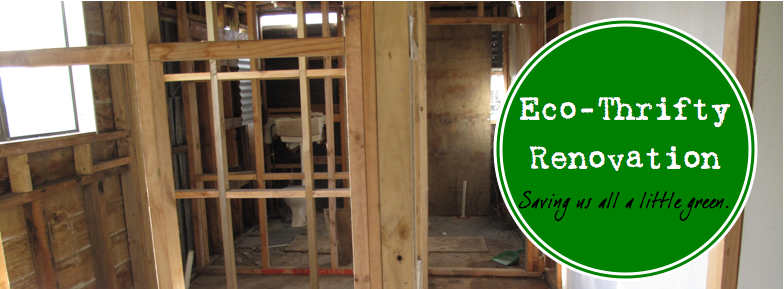
Being dedicated to the sustainability movement but living in a patently unsustainable world gives me the sense of inbetweenness that many Native Americans and Maori feel regarding cultural identity. I don't mean to imply for a moment that I can identify with being a colonized people, but I share a feeling of not belonging to the dominant culture and not living a 100% alternative lifestyle. Like many people, I walk in two worlds and often stumble.
Even though many of our friends and neighbors think our lifestyle is extreme in the extreme ("their %$#^@ mad" as one of our good friends recently put it) I consider our lifestyle fairly normal. We have mains power, mains water, internet service, a mobile phone, a slow-cooker (crock pot), a refrigerator, two circular saws, two electric drills, two computers, a printer, a digital camera, hot and cold running water, and a car. Of that list, for most of my time on my farm in New Hampshire I had only seasonal cold running water, a computer, sometimes a mobile phone and sometimes a car. By comparison, I feel absolutely cosmopolitan now.
And so it was with a sense of privilege that I accompanied my lovely wife on our bicycles to the Castlecliff Club on Friday evening to watch the opening ceremonies and first game of the Rugby World Cup being held here in Aotearoa New Zealand. It is said that rugby is a hoodlum's game played by gentlemen while soccer is a gentleman's game played by hoodlums. When I think of that juxtaposition it reminds me of what it means to embrace voluntary simplicity. Although the two of us hold 4 and 2/3 tertiary qualifications, we live well below the poverty level. In a sense, we are "gentlemen playing a hoodlums game." But of course it is not a game (and we ain't no gentleman neetha'). This is our life, and it is a very good life at that. It is just surprising how few people are genuinely interested in saving money and preserving the health of the planet.
Among the events we chose for our Sunday the 11th of September were: planting native shrubs and grasses in the local dunes; kareoke practice; softball team AGM and muster; priming trim boards for interior doorways and windows; and going to the Castlecliff Hotel to watch the USA play Ireland in their first round rugby match. It was billed as an emotional match for the USA as the team was playing on 11-09-11 in NZ. And the boys put up a good first half against a strong Irish club. The score was closer than most would have predicted, although the US kept it that way with a stingy defense and a lucky last second score.
Watching rugby from the perspective of an American footballer can be counter intuitive. Football is usually considered a game of possession, and rugby - I'm told - is a game of position. Pinned down at their own goal line, a football team would never punt on first down. But it is common in rugby to punt the ball voluntarily to improve the field position while giving up ball possession. Again, I am reminded of voluntary simplicity. Our material possessions are not as important as the position of our relationships with friends and neighbors (although they may think us a bit odd).
This perspective of position over possession became acutely clear to us as the game was winding down in conjunction with my second Lion Brown. A woman who Dani had just met at Kareoke practice (conveniently held at the same venue) came up and offered to buy us a round of drinks. "No thank you," we said, "we're just heading home."
"OK," she said, "then just take the money." She held a twenty dollar bill toward us.
"No. No. That's alright," we said.
"I just won the jackpot and I have to share it or else it will never come back to me."
"No, really, that's OK."
"You have to take it. Its an offering. You have to take it."
We reluctantly accepted and walked outside.
I don't want to read too much into this interchange, especially because it was an intercultural exchange and I cannot offer insights into the motivations of someone brought up within a more indigenous worldview than mine. But I suspect that the sustainability movement has more in common with traditional Maori and Native American perspectives than what most people recognize. I'm curious what you might think about the relationship between the permaculture ethics of earth care, people care and fair share, and the concept of the potlatch ceremony, or giveaway. From Wikipedia:
A potlatch[1][2] is a gift-giving festival and primary economic system[3] practiced byindigenous peoples of the Pacific Northwest Coast. This includes Haida, Nuxalk,Tlingit, Makah, Tsimshian,[4] Nuu-chah-nulth,[5] Kwakwaka'wakw,[3] and Coast Salish[6]cultures. The word comes from the Chinook Jargon, meaning "to give away" or "a gift."
What do you think?
Peace, Estwing

No comments:
Post a Comment